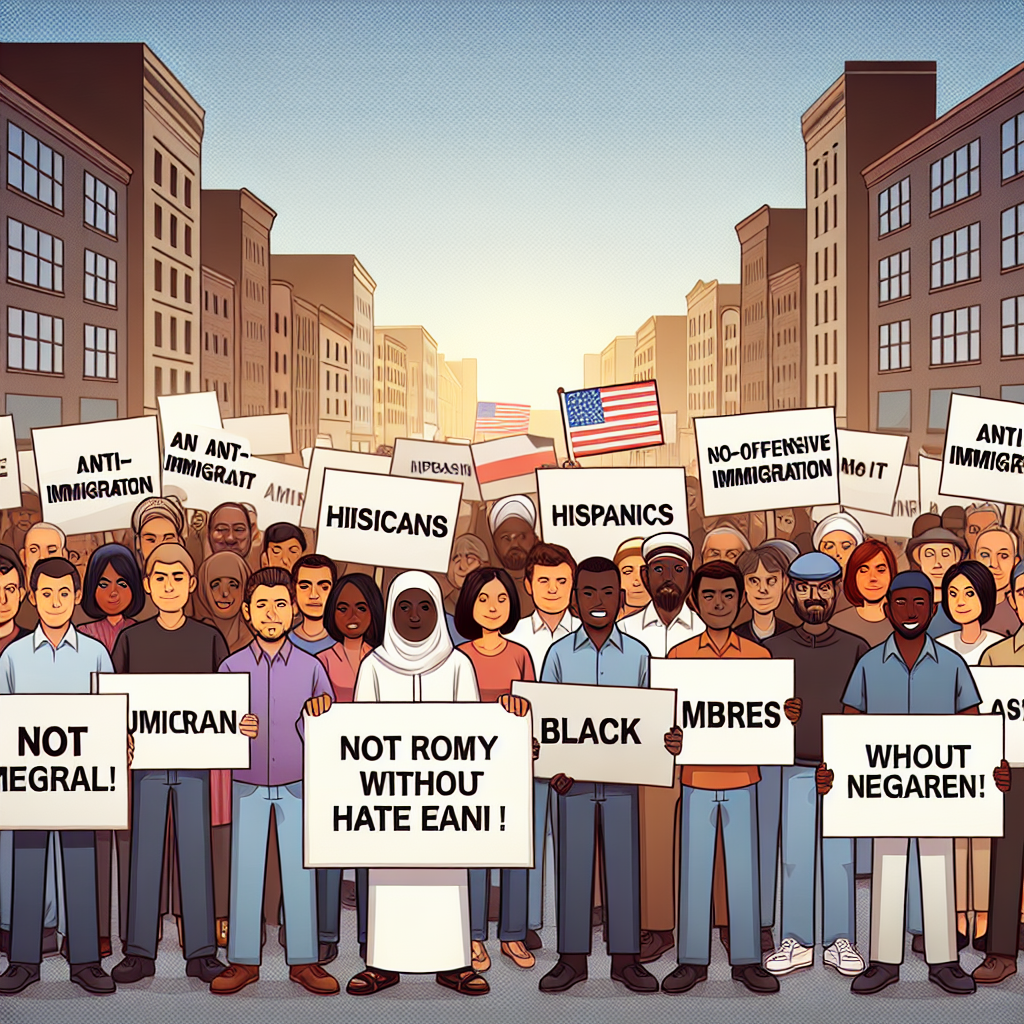Indonesian Protests Spark Concerns Over Escalating Violence and Economic Impact
Indonesian protests over lawmakers' pay and a police incident led to deaths and violence nationwide. The President vowed to reduce benefits and ordered action against rioters. Student groups and civil society paused protests due to increased security risks. Financial markets were affected, with a planned economic incentive package underway.

Indonesian students and civil society groups canceled protests in Jakarta following a week of escalating violence over lawmakers' pay and police actions. Concerns grew about heightened security after deadly riots across the country over the weekend.
The protests started a week ago, mushrooming nationwide after a police vehicle fatally hit a motorcycle taxi driver. Eight people have died, as confirmed by Chief Economic Minister Airlangga Hartarto on Monday. President Prabowo Subianto announced that political parties had agreed to reduce lawmakers' benefits in a bid to quell unrest, also ordering the military and police to act against rioters and looters who attacked political party members' homes and government buildings.
The Alliance of Indonesian Women postponed planned protests to avoid a harsh crackdown, while student groups cited 'impossible conditions' for calling off demonstrations. Social media hinted at possible fake protest alerts. Finance Minister Sri Mulyani Indrawati, a looting victim, urged restraint from looting and acknowledged government failures. The protests rattled financial markets, causing a stock market drop of over 3%. The economy, however, remains robust, with a new incentive package in preparation.
(With inputs from agencies.)










